2022 Policies
Decide how we work together
Define official languages for People Powered
Accepted
Set official languages for People Powered so that every communication, resource, and material produced is fairly translated in the official languages. For now, set 4 official languages: English, Spanish, French, and Portuguese.
Original idea: https://participate.peoplepowered.org/processes/policies/f/8/proposals/51
Proposal appearing in these results:
Likes
and 6 more people
(see more)
(see less)
Report inappropriate content
Is this content inappropriate?









Comment details
You are seeing a single comment
View all comments
Conversation with daniel schugurensky
I am not sure if it is necessary to set "official languages".
My suggestion is recommending that all communications produced by PP as linguistically inclusive as possible considering the context and the audience.
Given that this policy has clear budgetary implications (cost of interpretations in webinars, translations of documents, etc.), I suggest giving People Powered discretion on the choice of languages based on the two principles noted above.
For instance, it may not be necessary to hire a French interpreter for a PP meeting if nobody amongthe participants needs that service.
At the same time, if there is a meeting or a document that requires other languages because of the topic or the audience (e.g. Chinese, Swahili , Arabic), People Powered should have the discretion to allocate specific resources to translate communications in more languages.
I agree with your points Daniel. Do you have a suggestion of framework that we could use?
Here is a first attempt at a possible framework for translations/interpretations.
If there are significant resources for translations and interpretations, I suggest to be generous and use as many relevant languages as possible.
If resources are limited, I suggest to consider 4 different situations.
1) Very important short documents (e.g. a PeoplePowered declaration, manifesto, open letter, etc.)
If possible, translate to all the languages of PP member associations.
2) Other documents: Translate to languages upon request of member associations and available resources.
3) Regular discussion meetings and seminars: Continue with the current model of meetings in English and in Spanish, and add a third language if needed.
4) Large online forums (webinars, annual general meetings, etc.): Provide simultaneous interpretation in different languages depending on available resources and a critical mass of participants who request translation.
Loading comments ...